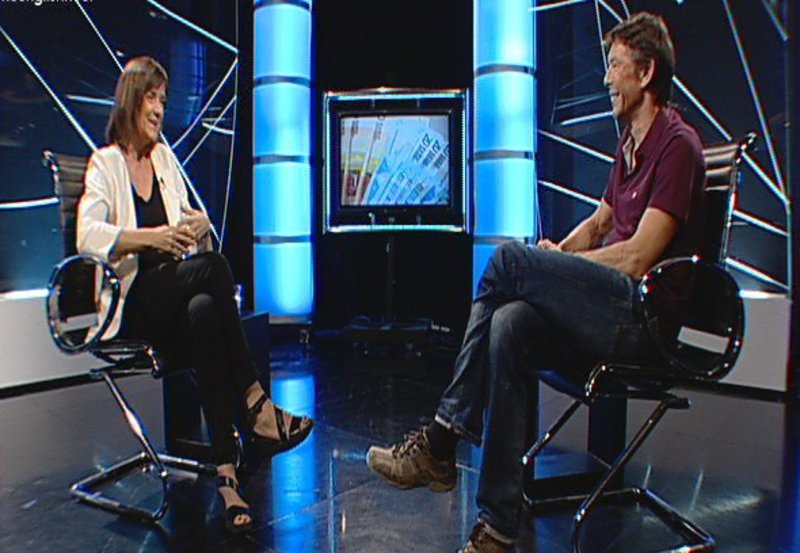Interview
On the road to recovery
W
hat is the Graduate School of Economics?
The GSE was founded 10 years ago. It was a joint project between the UAB and Pompeu Fabra and two research centres, CSIC and CREI. These were already collaborating in research, but we organised Masters Degrees that are completely international –80% of our students are from abroad and all our teaching is in English. We offer Masters in economics, finance, public policy, competition, and now also one in data science, which deals with Big Data. We get 220 to 250 students every year from all over the world. This year is the 10th anniversary and I think in that time we have had students from almost a hundred different countries.
What are the most popular subjects?
We get students interested in all the programmes, from economics in general, where we give them a basis in how to analyse and understand what is going on in macro-economics, but we also have students who care more about public policy, or international trade, for example, which is a very popular programme. Other students come to better understand competition, while others come to do finance, which has been questioned in recent years, so you might think it's not so fashionable but that's not the case as it has to overcome all of its difficulties. And now we have students who are interested in dealing with the huge amount of data available. So there is interest in all fields of economics.
Are the stories about economic recovery actually true?
I think there is some recovery but we have to be careful. We have been through a very deep recession, and especially here unemployment was huge. So, there are signs of recovery and the easiest way to see it is that the employment rate has increased. It is still very high but it has improved. So that is one sign that things are a little better. Also, we are also seeing that firms are exporting more. Actually, economic crises are seen –and here I need to be careful– as a bit of an opportunity to clean up the economy and change the way we do things. We don't want recessions and we should be able to change things without them but if we can't, and our country is an example because of the boom before the recession, in construction for example, where we went down a path that economic agents we are not able to change, then something happens to force the change. It's unfortunate it has to be that way but it happens all the time. We know the negative things about recessions, the suffering, and I'm not claiming they are good, but in some ways the recession has been good for the economy because it has forced change.
Like when an illness purges you and you feel better?
Exactly. A lot of firms had to close down but those firms that didn't have grown and are now very competitive. They are selling abroad as much as they sell here, or more. They had to get their act together, in economic terms, and get more professional management, hire people with better education, reorganise the firm and look at other countries. When you start selling in an unprotected market you don't know, you have to be clever, creative and productive. So that's the good part of the crisis; the bad part we all know, and mainly comes down to unemployment.
Can we see something like the Brexit vote as a response to the effects of the crisis?
In the UK, the vote for Brexit is interesting in its composition, because it was very territorially focused but also in the age distribution. Generalising, young people voted to remain, while those who voted for Brexit were of a certain age in areas that lacked opportunities and that were not growing much. A lot of the people who wanted to stay were talking from a part of the economy that had opportunities, as opposed to those on the other side who were somewhat behind the scenes. We have to learn from this and also care about those people that are not taking full advantage of all the novelties, new technology and education taking place, because those people are also part of the society and the economy.
What about Catalan independence. Is it feasible from an economic point of view?
If we went independent right now, in a hundred years our country would probably be in good shape. If you look at Catalonia itself, it is a country of a size that could absolutely be independent; it has everything it would need: good education, resources. But I don't think we can avoid thinking about the transition to that and how it would happen. If the split were a friendly agreement with the rest of Spain, like was tried in Scotland, then we would be back on track in only a few years because we have the means to do so. But the transition won't be easy if it is seen as going against the larger country we are part of. I think you have to evaluate the consequences and many people do not think about that transition.

Leave a comment
Sign in.
Sign in if you are already a verified reader.
I want to become verified reader.
To leave comments on the website you must be a verified reader.
Note: To leave comments on the website you must be a verified reader and accept the conditions of use.





